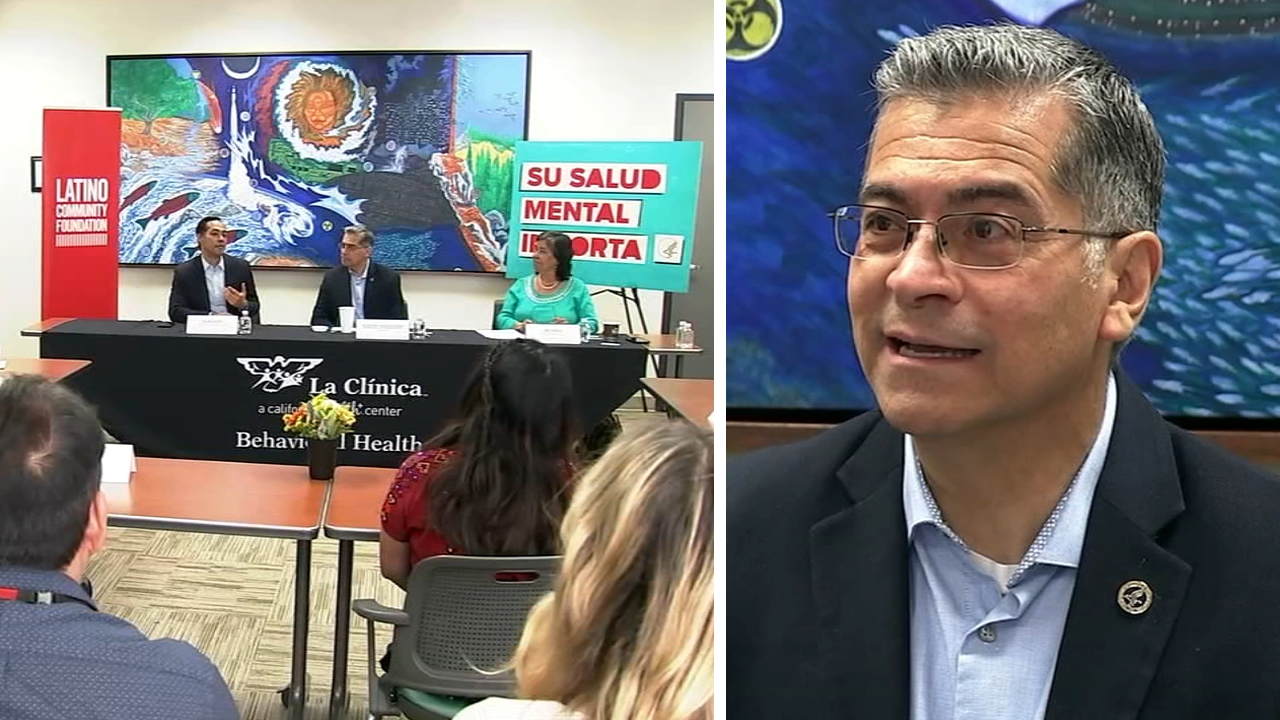Bay Area teen spotlights her depression, breaking mental health stigma in podcast
SAN MATEO, Calif. (KGO) -- Statistics show it's hard enough talking to family members about depression, but one San Mateo teen is trying to change that stigma one podcast at a time.
Sadie Sutton started producing and hosting the podcast "She Persisted" after coming out of her suicidal depression and anxiety in high school. The podcast offers interviews, personal experiences, and expert advice when it comes to adolescent mental health. She now has 10,000 monthly listeners.
"The goal from day one when I had two listeners every month was to let other teens know that they're not alone in their struggles," Sutton said. "Even as a teenager, a child, however old you are, you can make measurable changes to your mental health and really come out on the other side. I feel like that was a narrative that was really lacking in the treatment industry and I wanted to change that."
RELATED: Bay Area experts share advice on talking to children and teens about mental health, suicide
Sutton talked about warning signs and she says for her it was something she didn't really notice initially. "It really just built up on me to the point where I felt so isolated in my experience, so alone in my suffering, and that no one really understood what I was going through," Sutton said. She started struggling through everything that used to bring her joy - including relationships with friends.
There comes a point where those in depression reach a rock bottom. Sutton said she felt like she was living her rock bottom for months and years at a time. Her true rock bottom, she ways, was the last moment before everything changed. She started intensive therapy and says "for the first time I believed I could get better".
What else helped? Sutton says dialectical behavior therapy is extremely beneficial. As far as things you can do that doesn't cost money: Manage your sleep, diet, connections, and keeping things that increase your emotional vulnerability in check.
RELATED: Seeking Solace: Do healing crystals actually work? Experts weigh in
"Really building a life of things you enjoy. Planning activities that bring you happiness and increase your mood overall so when we do all experience those lows in our moods and our emotions it's not that that's all we're experiencing; we have this other side to balance that out and this life that we've built for ourselves which is filled with amazing things," she said.
Sutton is now 18, about to graduate high school and she got accepted into the University of Pennsylvania.
If you or someone you know needs resources, we have a list of them under our Take Action initiative.









